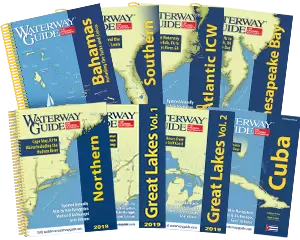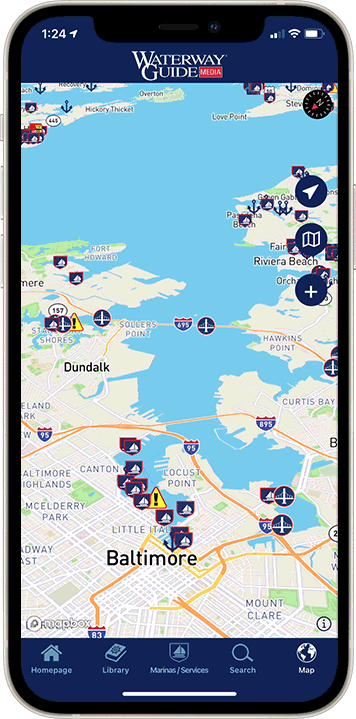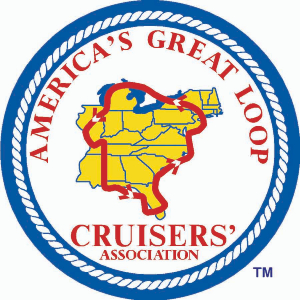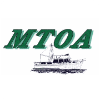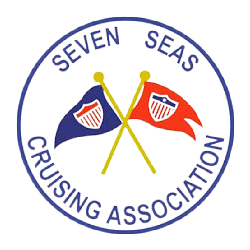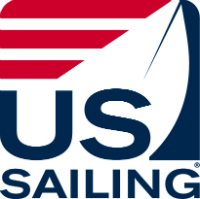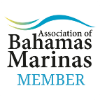Explore Our Latest News & Articles

There is a natural tendency to shy away from the unfamiliar, especially when you can't get the words back. Remember the first time you were faced with a phone message machine: "leave your answer after the beep" – BEEP! Now what? Even today, that beep can strike fear into the hearts of some. Now, how about multiplying that a hundred-fold to everyone tuned to channel 16?
Some Basics
Unless you know the cell phone number of every boater in your vicinity, your only source of help is your radio. You don't have one, you say? Stop reading and check yourself in someplace because that is simply nutty. Your radio is likely to be your only source of help and you go to sea without one? Over a couple of hundred dollars? And West Marine for one will give you a three-year warranty in the price. Come on, Bunky, where else can we skimp with such potentially disastrous results?
So, let's assume we all have a radio, even if only a 5watt handheld, aboard. Calls fall into three categories and if you use the introduction properly, you will save essential time with US Coast Guard Forces. Tune it to VHF channel '16' and leave it there.
Imminent Loss of Life Aboard
The all-familiar "May-day, May-day, May-day" is the ultimate. It means that "I need help right now. There is an imminent risk to lives aboard my vessel." (Emanating from the sinking of the Titanic, it comes from the French for "help me!" "M'aide".) Would you use it if there wasn't an imminent threat to lives? No. What then do I use?
Someone to Watch Over Me
"Pan-pan, pan-pan, pan-pan" (said "pahn") is the introduction to indicate that a high level of concern exists and advice, at a minimum, is needed (see "Skippering in Heavy Weather, SSP, Oct 11, 2006). You're taking on water but you have it generally under control - but you wisely want the USCG to keep an eye on you, or you are coming in during a heavy storm, are struggling but maintaining steerage - but want the USCG to keep an eye on you. Don't be bashful. Get on that radio and have someone watch over you.
Someone to Look Out for Me
"Security-security-security" (often said with the French pronunciation – "secure-a-tay"). You are coming into the Inlet at night, can't see anybody but worried, as you should be, that there is somebody there. You're coming back from Montauk during a foggy day and you are on the rhumb line from the Montauk sea buoy towards the Moriches sea buoy. Someone going from Moriches to Montauk will be on a reciprocal course to yours – in the fog. Put out the security call!
All of these introductions, which immediately establish the level of the issue, are repeated three times, per above.
Now What Do I Say?
What you say next will save time and possibly save your life. Identify yourself (the name of the boat – if you don't have one, make something up right then "motor vessel 'charlie'") and, most importantly, the nature of your distress and where you are! For example, "pahn-pahn, pahn-pahn, pahn-pahn, this is the motor-vessel Charlie. We are taking on water and are 10 miles due south of Moriches Inlet. Bailing has it under control at this time. Over." When the USCG hears that, they will come right back to you (if they don't within, say, a minute, hail them again.) Note that I finished my hail with the word "over." This means I am finished talking and hoping to hear back. (There is no such sign-off, despite the movies, as "over and out." "Out" means I am done talking and I don't want to talk to you any more. "Over" means I am done talking and I do want to talk to you some more. Which is it, bunky??")
The rest will be pretty straight forward for the private boat captain. USCG Forces will essentially take over the conversational and situational control at that point. They will gather essential information (how many people aboard?) and direct you to take action consistent with the risk of the situation (get everyone in life jackets.) They will also put out an urgent call to all boaters in your vicinity to render assistance if they can, as Good Samaritans. And, if the risk warrants it, they will get under way within minutes of your hail.
Get a radio – and sound safe and smart out there! If you have questions about this column or you are interested in being part of USCG Forces, email me at [email protected] or go directly to the US Coast Guard Auxiliary "Flotilla Finder" at http://www.cgaux.org/units.php and we will help you "get in this thing."


